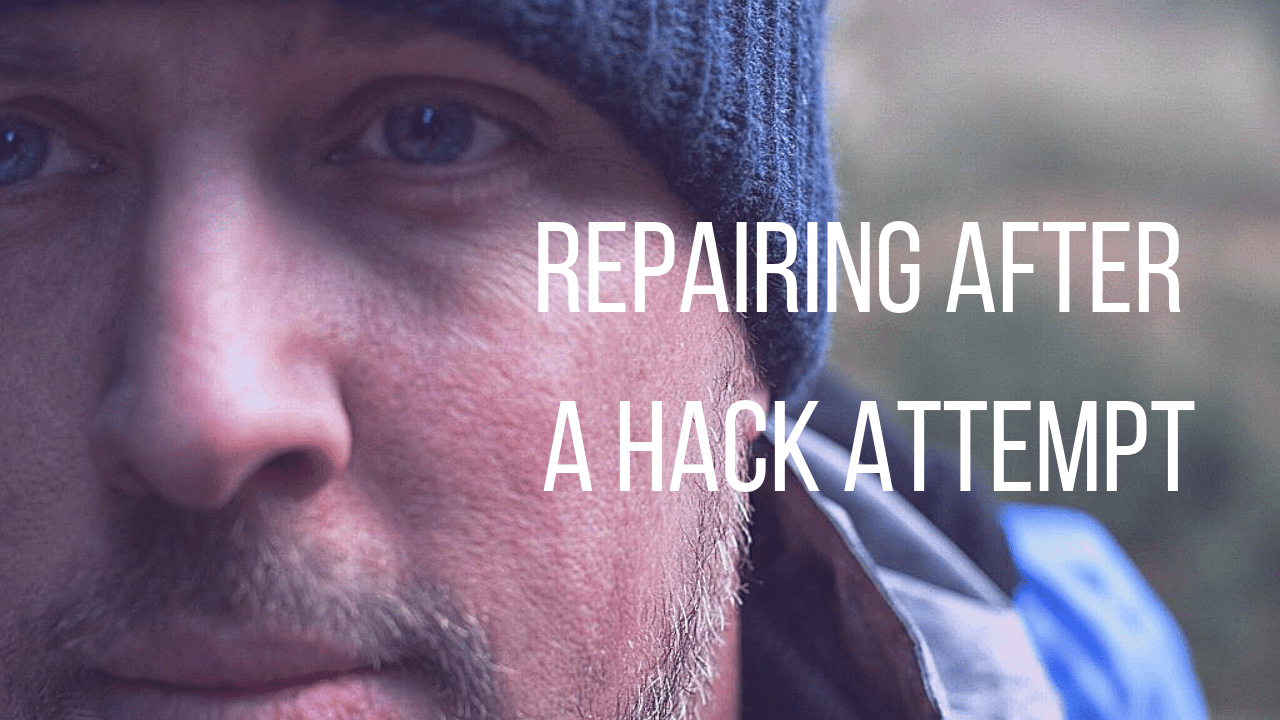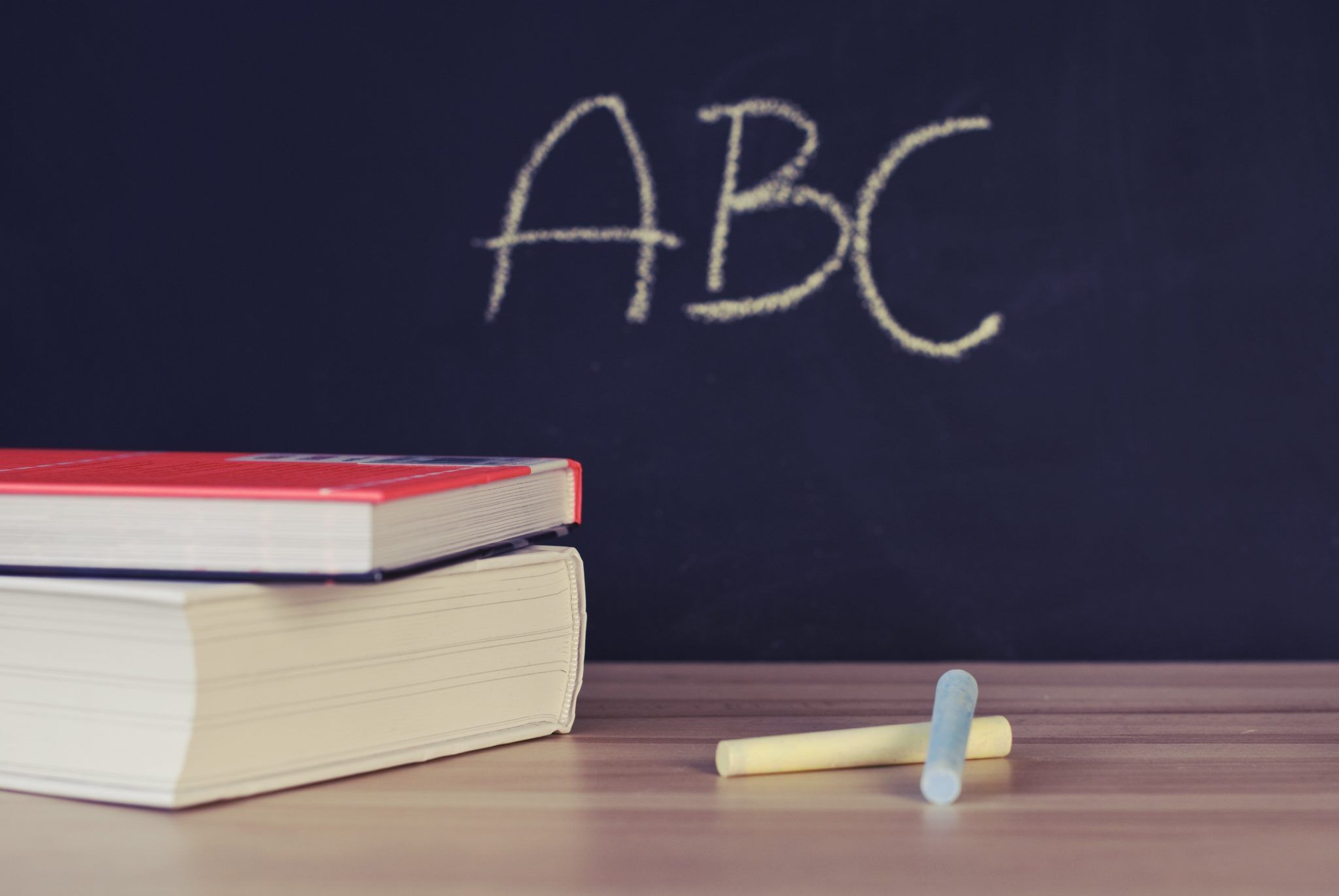Now that we are into December, there is only one more month (or approximately six weeks left) until you need to file your self-assessment tax return. So if you do any freelance or self-employed work, then this is an important time for you to assess your finances and figure out how much tax you owe from the previous financial year. But if you’re unsure what to do, aren’t clear on UK taxation or have never filed a return before, then here are some tips to help. The idea of it can seem overwhelming, but when it is broken down and taken step-by-step, it is actually pretty straightforward. If In Doubt, File a Return If you have hardly earned any money in the previous financial year (thinking about blogger’s in particular here), then you should still file a return. You may have had a couple of sponsored posts but that is about it. But if you’re registered as self-employed, you need to file a return or you can face a fine. So even if your earnings are minimal and you don’t expect to owe any cash, still complete a tax return. Understand the Dates The whole previous financial year thing can get a little confusing. So understanding what you owe from when is important. First of all, the return date is 31st January 2018. And what you have to declare then are any earnings from the previous tax year, which will 6th April 2016 to 6th April 2017. So anything you have earned in the past six months or so will be declared in the January 2019 tax return. Check Your Log In If you only ever log in to the HMRC website once a year to do your tax return, then you may have forgotten your login details. But as it can take around ten days to get a replacement sent out to you in the post, trying to login now is a good idea. So check your details if you don’t have them, so that when you’re ready to click send, you can easily log in and do it. Don’t Guess The best thing is to keep a detailed record of all of your incomings and outgoings at the end of each month. Because it is important that you don’t guess. Having proof, especially for your expenses is important. So keep your receipts, and go through bank statements to make sure that it is precise. Check Allowable Expenses As you are running a business or working for yourself, of course, there are things that you can offset against your earnings. Things like work related travel, training courses, and a computer for work can all be tax deductible. You can also claim a certain percentage of your broadband and home bills if you work from home, for example. So it is a good idea to check on the HMRC website what you are actually allowed to allow. Then you can go from there and you won’t get caught out. Good luck!]]>
- Corporate Dad
- Four Seasons Dad
- Four Seasons Golfer
Recent Posts
My 2020 Golf Course List so Far
14/12/2020Teaching my Daughter to Play Golf
30/04/2020
- Golf Course Reviews
Reviews
4.2 rating
4.2/5
3.5 rating
3.5/5
3.7 rating
3.7/5
3.8 rating
3.8/5
Golf Course Reviews
JCB Golf and Country Club Review
- 01/11/2021
- 6.6K views
3.8 rating
3.8/5
3.8 rating
3.8/5
3.8 rating
3.8/5
3.0 rating
3/5
3.2 rating
3.2/5
Social Links
Recent Posts
Health & Fitness





















Leave a Reply